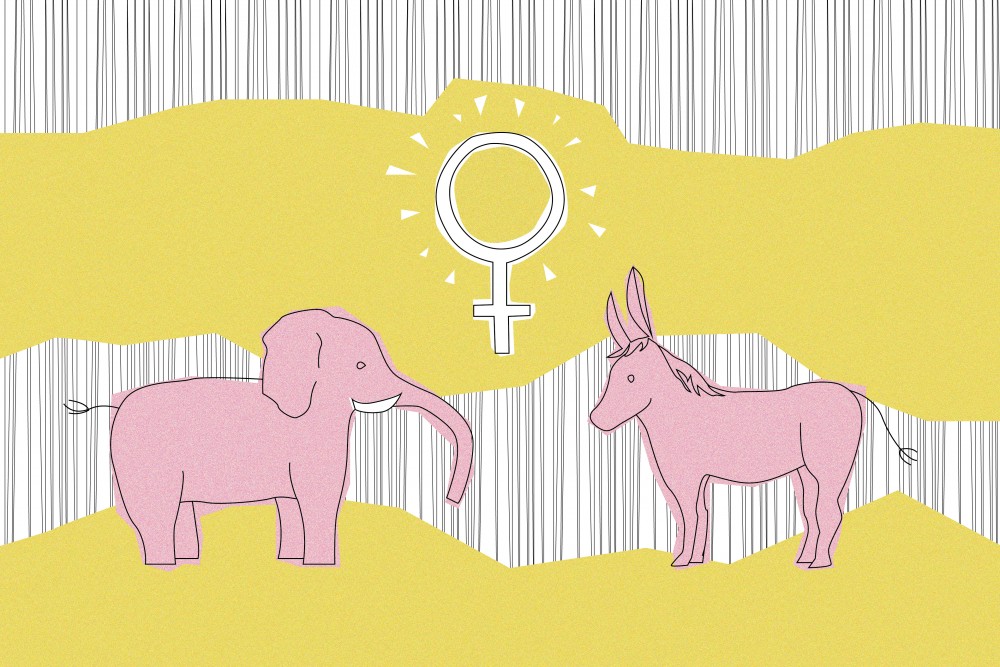Joining the ranks of other University of Minnesota student groups, Women for Political Change recently gained status as a nonprofit organization.
Formed in 2015 to establish a space for people of all identities to hold conversations about political change, WFPC finalized its nonprofit status in June. It hopes to expand its ongoing work of education and empowering young women, transgender and nonbinary individuals.
“We didn’t really find a space on campus where in particular women and other people of marginalized identities could come together and organize and… learn about issues and organizing and take action,” said co-founder Sonia Neculescu. “So we just decided to make our own group.”
Rep. Erin Murphy, DFL-St. Paul, who has been familiar with the group for several years, said she’s seen more students are stepping into political leadership roles across the state.
“Young people, women, people of color, indigenous people, nonbinary [individuals], they are people stepping up and demanding urgent action on the tough issues that we face,” Murphy said.
The group educates people about various ways way to get involved in politics and offers such things as issue-based trainings on a range of topics.
“We want to tackle issues that affect women and young people, and that’s all issues,” said Felicia Philibert, a co-founder of WFPC. “We recognize the validity of all of these issues affecting us… Everybody is affected by immigration and police brutality and [all of] these issues that are so completely related to our personal and professional lives.”
Patrick Haught, student activities advisor for Student Unions and Activities, said he has seen an increasing number of student groups undergoing the process of filing for legal nonprofit status.
Although the filing process is complex, Haught said the University encourages groups to file partly because of the many financial benefits.
Becoming a nonprofit will accelerate WFPC’s development of a program called Girls Who Write, which aims to help middle school-aged students explore their identities and build composition skills with blogging, podcasting, writing, slam poetry, videography, photography and other forms of art.
Co-founder Olivia Hanson said the program is designed to help students understand their intersectionality and identities, all while building a cultured sense of self.
“Our intention is to really explore… identity, mental health – some of these things that are a huge struggle for middle schoolers,” Philibert said.
Neculescu said the group’s membership is around 300 people.
“When we looked out and saw all the people that were there [at a recent event]… there was a moment when we all realized that… they were just like community members coming out and not just students,” Neculescu said.
WFPC plans to celebrate its nonprofit status with an official launch party on Thursday.








